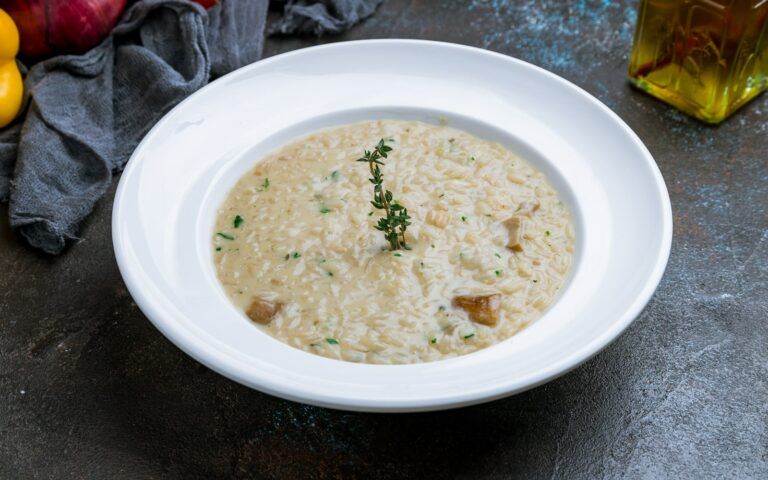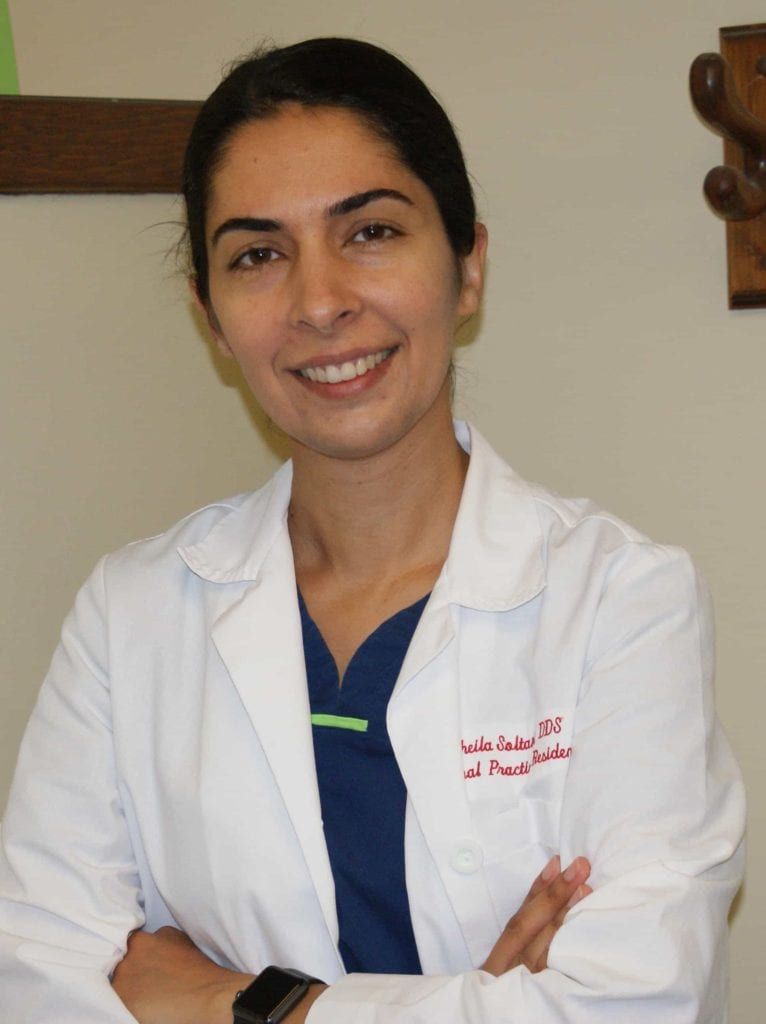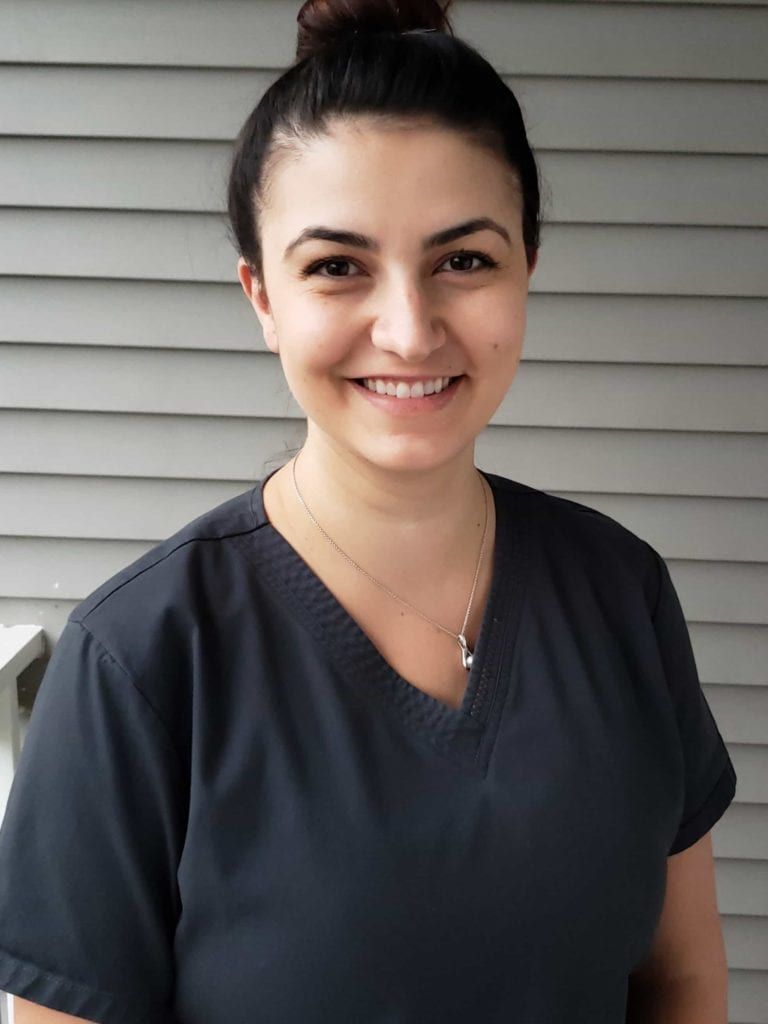There’s an ongoing conversation regarding how our food choices affect our health. The main topics always focus on what we should or shouldn’t eat. In many cases, the primary concern is our weight. Others center on processed foods and the long-term effects of eating them. A critical part of the conversation focuses on dental concerns. Even beyond tooth health, food choices can become relevant after specific treatments. It can also be necessary to avoid certain foods when medical conditions appear involving the mouth. Knowing what to eat can be vital in recovering from these quickly.
The Best Foods To Eat For The Most Common Oral Health Concerns
The best options for you are going to be determined by the specific health concern you’re facing. If you’re having problems chewing, soft foods are going to be necessary. If you have dry mouth, moist foods are going to be the right way to go. We’ve included a limited list of the best foods to eat for oral health concerns that patients frequently encounter.
- Braces and Orthodontic Treatments – Braces can limit our food choices pretty severely. While certain foods make sense to avoid, like caramel and hard candies, others aren’t immediately obvious. On this list are apples, corn on the cob, and ribs. Each of these requires us to ‘bite through’ the food, something braces aren’t great at doing. Thankfully there are fixes. Cut the apple into slices, the corn off the cob, and the meat off the bone.
- Canker Sores – Unlike the painful open sores that result from the herpes simplex virus, canker sores aren’t transmittable. That doesn’t keep them from being remarkably painful, however. Acidic and spicy foods are not going to be your friend while having an outbreak. You’ll want to stick to milder things such as milk, fruit, mashed potatoes, and shredded meats. Yogurt and ice cream are also excellent choices!
- Dry Mouth – Medical conditions cause the majority of dry mouth cases. Part of managing these will require a conversation with your PCP. Other causes include extensive exercise and dehydration. Spicy and salty foods will need to be avoided, and you should moisten dry foods. Sticking to soups and broths can be a good choice. In any case, it’s necessary to cease any tobacco use until it clears up.
- Oral Surgery – For those who have recently undergone oral surgery, dietary choices can be limited. Soft foods such as eggs, cooked vegetables, beans, and shredded meats will help. These choices are also rich in needed nutrients and can aid healing.
While this list only contains a small selection of the available food options, it’s an excellent place to start. What’s important to remember is that the foods you choose shouldn’t interfere with your healing process. If it’s comfortable to eat and relatively healthy for you, it’s going to be a good choice.
Speed Recovery By Eating Properly With Oral Health Concerns
Life can seem a little boring without the foods you love, but it’s only temporary. Trying to rush your diet back to ‘normal’ is only going to hurt. You’ll have to spend more time recovering and more time avoiding the foods you love. Your dentist will provide you with a more expansive list of great foods for oral health recovery.




